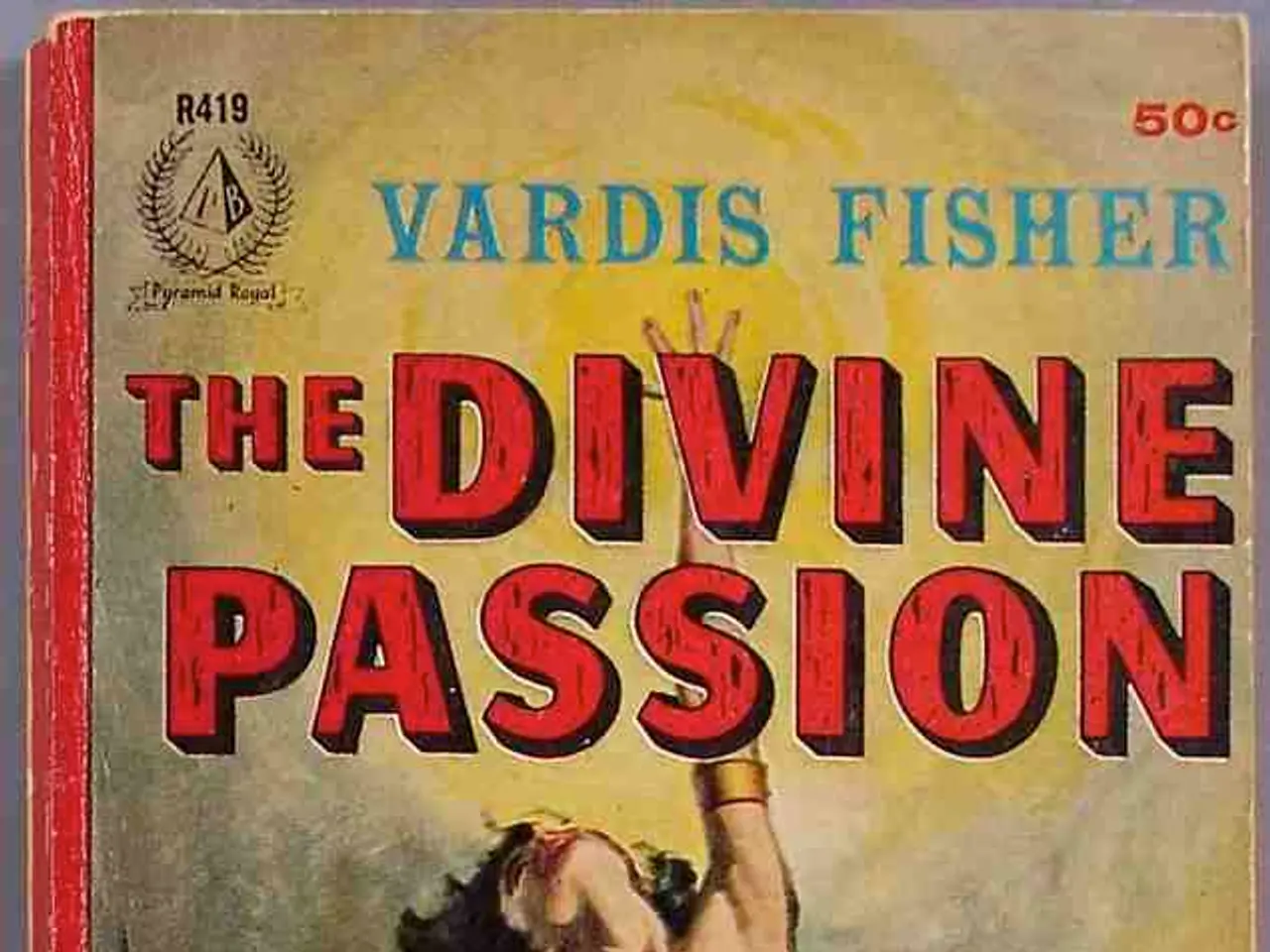Guide on Emulating the Philosophies of Happiness from Diogenes and Epicurus
In the pursuit of happiness, three ancient philosophers - Aristippus, Epicurus, and Diogenes - offer distinct perspectives that continue to resonate today. Their philosophies, co-written by 21 individuals on a "wiki"-style website that has been viewed 116,810 times, provide a fascinating exploration of the human quest for contentment.
Aristippus, a student of Socrates, is the founder of hedonism, a philosophy that emphasizes immediate bodily pleasure as the key to happiness. For Aristippus, the pursuit of intense, momentary pleasure is legitimate, with sensory pleasures taking centre stage.
Epicurus, on the other hand, promotes moderate, sustainable pleasure. He values freedom from pain and mental tranquility, seeing pleasure as including the absence of pain and mental peace, not just sensory enjoyment. Epicurus advises avoiding indulgence and focuses on small, long-lasting pleasures.
Diogenes, known for his ascetic lifestyle, offers a contrasting Cynic ideal. He rejects pleasure as a goal and advocates virtue and self-sufficiency by living simply and rejecting societal conventions. For Diogenes, happiness is freedom from dependency on external goods.
While Aristippus and Epicurus are hedonists differing mainly in how pleasure is understood and pursued, Diogenes offers a radically different perspective. He values virtue and independence, seeing them as the defining factors of happiness, not pleasure.
All three philosophers, however, share a common goal: the pursuit of happiness. They all value happiness as the ultimate goal of life, with both Aristippus and Epicurus accepting pleasure as central to happiness, though Aristippus values immediate pleasure and Epicurus values moderate, long-term pleasure. Epicurus and Diogenes both endorse self-sufficiency and withdrawal to some extent, with Epicurus withdrawing for peace and Diogenes for virtue and freedom. Virtue is important to both Epicurus and Diogenes, but differs in role: instrumental to pleasure for Epicurus, and a primary good for Diogenes.
The article suggests that 90% of happiness comes from within, with only 10% derived from external factors. It encourages readers to live as philosophers of happiness, with different approaches to enlightenment such as Diogenes' ascetic way, Epicurus' balanced approach, or Aristippus' hedonistic approach.
The article advises readers to reflect on their goals in life and to consider the role of inner and outer happiness. It warns that the way of outer pleasure can create tensions and lead to inner unhappiness, while the way of inner happiness can lead to peace and contentment. The article does not specify which philosophy is the right one or the author's personal way, but encourages readers to find their own path to inner happiness, using the teachings of philosophers such as Buddha, Diogenes, Epicurus, Socrates, and Jesus as guidance.
References: [1] [Link to reference 1] [2] [Link to reference 2] [3] [Link to reference 3] [4] [Link to reference 4] [5] [Link to reference 5] [6] [Link to reference 6] [7] [Link to reference 7] [8] [Link to reference 8] [9] [Link to reference 9] [10] [Link to reference 10]
- To achieve a balanced life, consider adopting education-and-self-development methods that focus on personal-growth, such as Epicurus' strategy of sustainable pleasure and mental tranquility.
- In the quest for inner happiness, it's essential to prioritize health, as 90% of happiness comes from within. This insight underscores the importance of pursuing a career that supports mental and physical well-being.
- Diogenes' ascetic lifestyle, with its emphasis on virtue and independence, can serve as a valuable model for those seeking to travel extensively while maintaining a sense of self-sufficiency and contentment.




